The Backlog - Hotline Miami 2: Wrong Number

The first Hotline Miami game is one of those rare titles that is almost universally liked. It is an ultra-smooth, ultra-violent hack-and-slash crime game. Each level functions almost like a puzzle. You have a defined toolset, and you have to make it through the gauntlet of vicious enemies without dying. In many ways, Wrong Number is a very similar game. You choose your mask, and with it a special ability, and then you have to clear out the level, dodging bullets and stabbing dogs.
If they had stopped here, they could have just made a basic sequel, and it would have been a very good game. It wouldn’t have the originality of the first, but it would still be satisfying to have a whole new set of deadly problems to solve while that fantastic electronic soundtrack thumped along in the background.
Boundless Discover: The Majesty of Adventure in Games
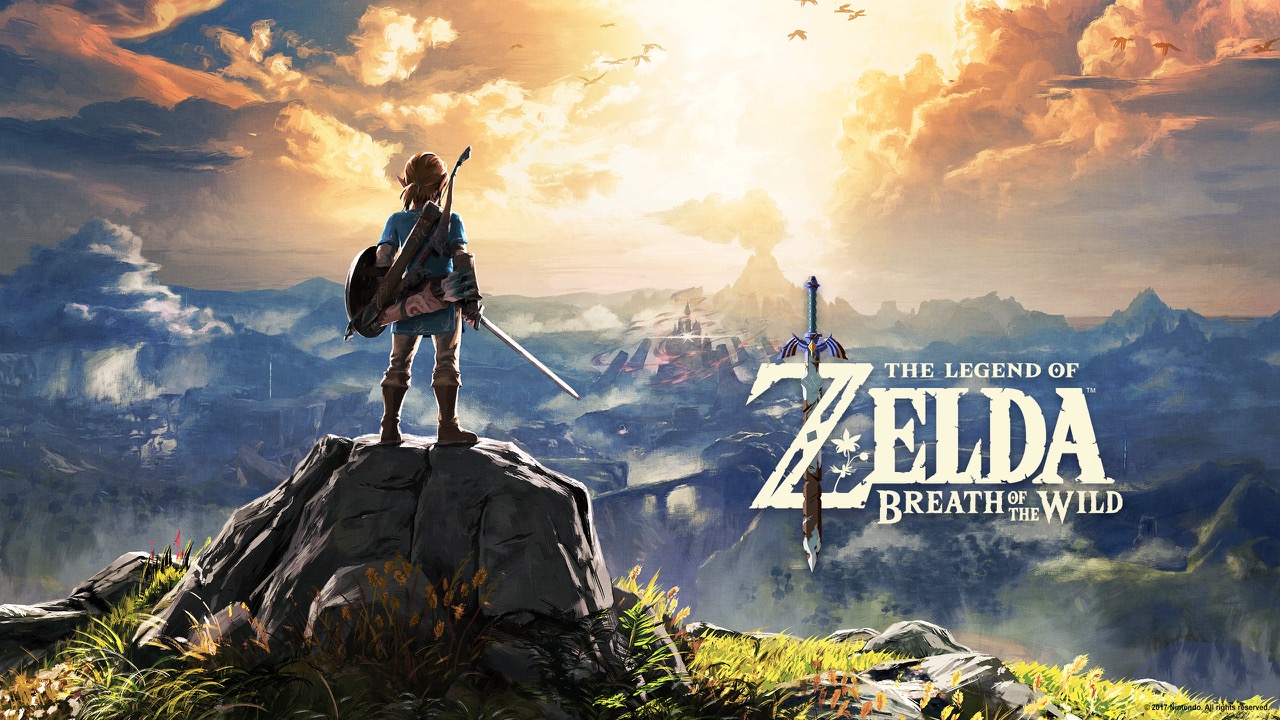
Games as a medium are about letting you enter a new world, step into the shoes of someone else, and see majestic things. They are different from other kinds of media like film or literature because you have to interact with them. A movie will keep playing, a book will keep going, no matter how you wish to proceed through it, but a game requires you to interact with it, and this interaction can change the course of the story.
More and more games are being built around open worlds and non-linear experiences. They let us as players take this sense of adventure that is so inherent to games and amplify it, and there is no better example than The Legend of Zelda: Breath of the Wild.
The Backlog - Killing Floor
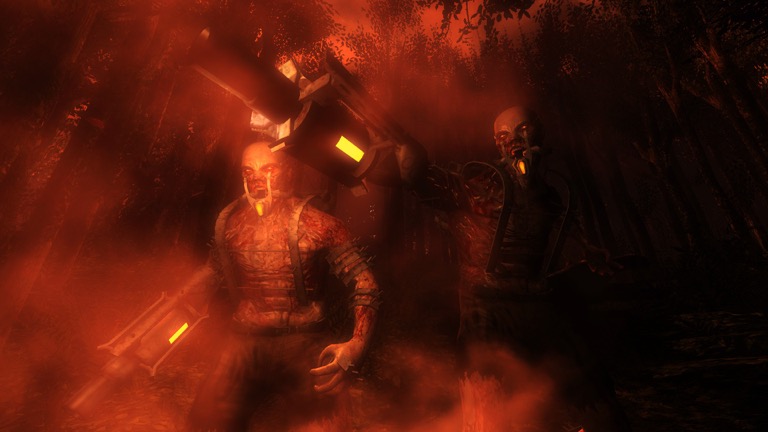
Some things are just good ideas. Cheese pizza, Arnold Schwarzenegger, kung-fu movies, and of course, zombie shooters. There is something so satisfying about killing zombies, possibly the distinct lack of morality in slaying the undead or the huge number of enemies that you come across, or the absolute ease by which they are felled.
We’ve seen countless games use them as bullet sponge enemies, but ever since 2008’s Call of Duty: World at War and it’s bonus “Nazi Zombies” mode, there has been a place in our games for zombie wave-based shooters.
Paid Mods and Giving Creators Their Due
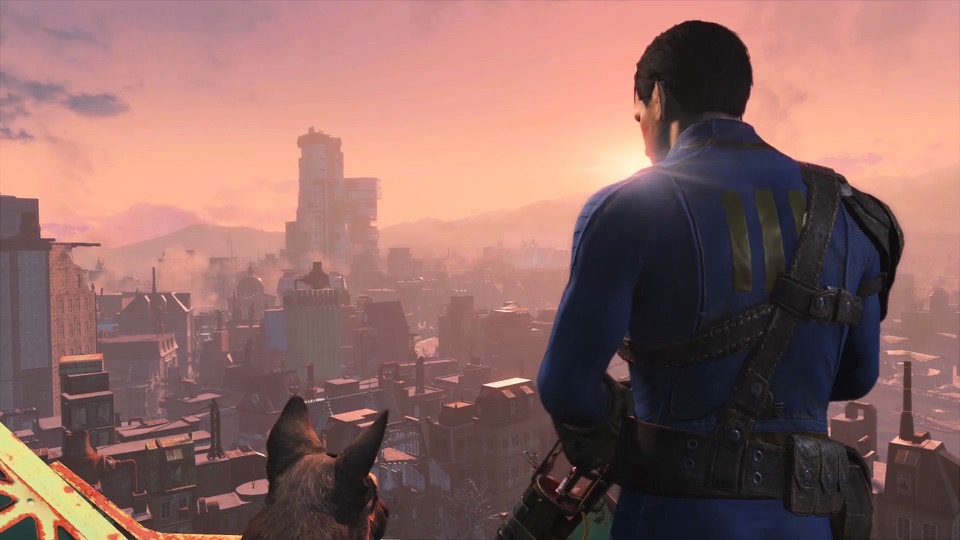
Bethesda just cannot catch a break. This year at the Electronic Entertainment Expo (E3), along with announcing yet another version of Skyrim, they stated that they would be implementing a system whereby they would be able to begin charging for select modifications for their games.
This has made a lot of people very angry, and been widely regarded as a bad move.
Almost immediately, the collective game community had a conniption, with resurfacing memories of the Valve paid mod debacle of 2015. Part of this is probably due to broad opinions about and distrust of Bethesda, but another part of it is due to a general unwillingness to pay for things within the games community. Especially things that were once available for free.
The Backlog - Insurgency
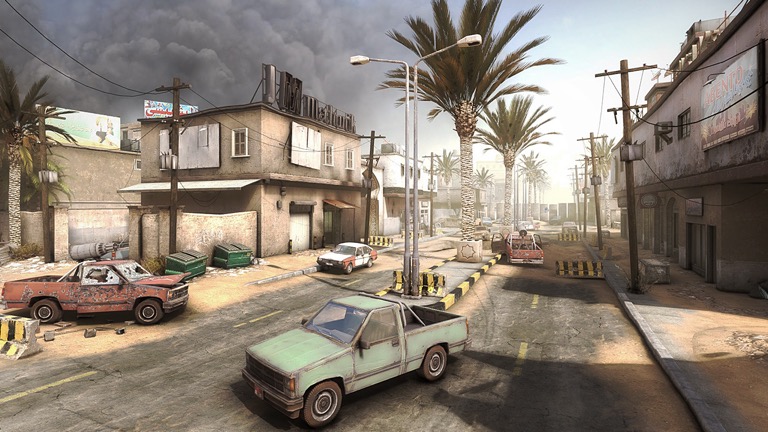
I have a confession to make. Like many of you reading this, I have a list of games that I’ve been meaning play for years. I have way too many games on Steam, and a stack of cases sitting next to my TV. Close to five hundred games now. Maybe more. It makes me feel guilty. I haven’t touched 90% of them in one way or another. I need to fix that. So this week, I dug deep into my backlog and pulled out a game. I want to play all of them; I’ve just never had the chance. Now’s the time.
—
In the past few years, the simulation genre has broader into a more nebulous space than it was a decade ago, with the description taking on a memetic appeal in the gaming industry, being applied to anything and everything. While the idea of a combat simulator has been explored before by games like ARMA, there is still room for something else. Insurgency aims to provide that, with a smaller scale recreation of multiplayer gun battles between rather ordinary groups of soldiers and insurgents.
An average game of Insurgency focuses on squad based combat between two teams, each made of up a few distinct classes. Each class has a few weapons to choose from, with a scattering of rifles, carbines, machine guns, assault rifles, and submachine guns split up by speciality. But unlike a game like ARMA, the customization is bare bones. You are kitted out like members of an infantry unit, not an elite special forces operator, and you have to play around the limited resources you are allowed.
E3: Where Do Games Go From Here

There is a certain attitude within the broader game community where we see ourselves as the scrappy underdog, an industry supported by impassioned and oft-misunderstood fans that is constantly maligned by the mainstream media in favor of more traditional entertainment industries. Where the only thing that keeps game companies afloat is die hard fans, and the worth of a game is measured by the community engagement online.
We’ve had this attitude for years, because for a long time, it was kind of deserved. Games were a hobby for silly kids and “nerds” socially undesirable and turning towards a digital medium for comfort.
But we’ve left that attitude behind a long time ago. Video games are about as mainstream as it can get, and playing games is no stranger of a hobby than watching sitcoms, cooking, or hiking.
Monolith - Review
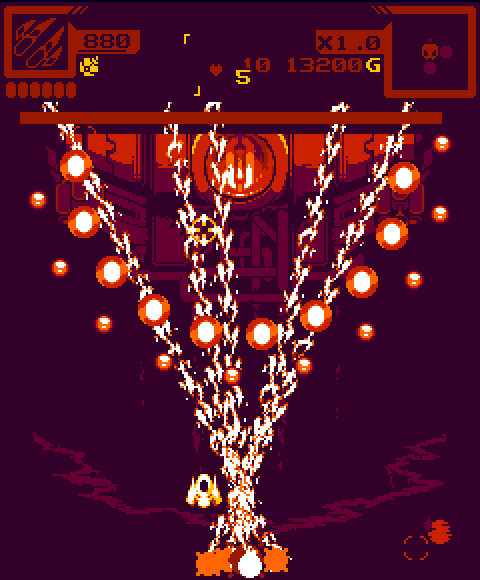
Roguelikes are a genre that we’ve written about many times before, and will no doubt continue to revisit for a long time coming. In some ways, it is the perfect genre for an independent game, as it has an inherent sense of replayability to it that other genres lack. Level design is still important, but by allowing the gamer to slot remade rooms together at random instead of having to design each level by hand makes for a significantly easier creation process. And players are far more forgiving of repeated assets and gameplay in roguelikes than they are in a first person shooter or adventure game.
Monolith takes lessons from its predecessors (The Binding of Isaac) to blend the room-by-room, top-down roguelike gameplay with "bullet hell-esque" boss fights, and the marriage is a remarkably happy one. Your little ship can flit and soar across each room, dodging shots and tearing apart your enemies. You feel capable, partly because it isn’t a particularly difficult game, with a high baseline of health that lets you tank way more shots than most roguelikes do out of the gate, and it’s relatively easy to restore your health pool, or even expand it later on in the dungeon.
Ludonarrative Dissonance

Games are a rather interesting medium to critique because of the crucial role that interactivity plays in how a story is interpreted. With a film or book, we are stuck in a single viewpoint and experience the story as if we were locked onto a roller coaster: tightly restricted and controlled. But in games, the player adds a crucial X-factor of randomness into the story that the creator has to try to control for.
To see all of the story, the player has to advance forward, completing a certain set of tasks, but sometimes the very function of the gameplay is at odds with the themes of the story being told. It is a familiar feeling within media, but games stand alone in that the layer is forced into “choosing” to do the tasks even if they don’t want to.
Drifting Lands - Review
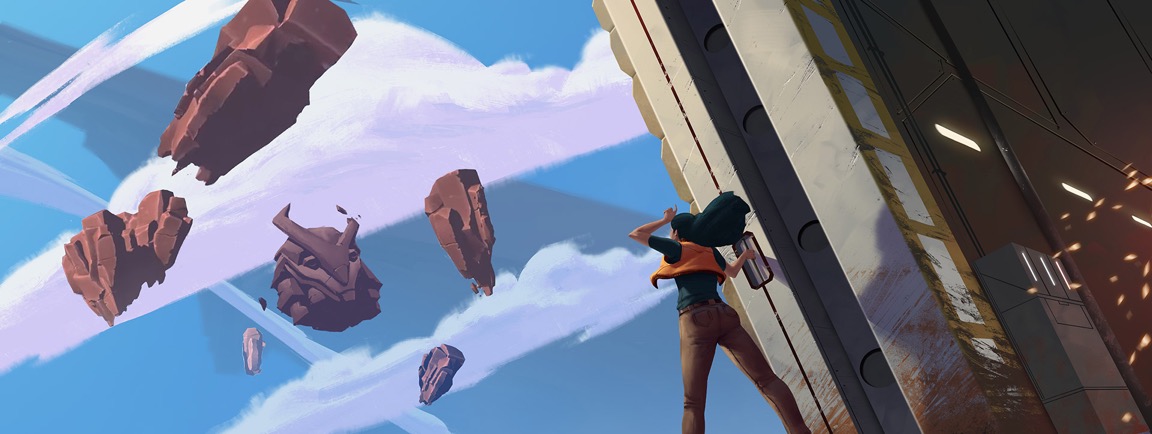
Side-scrolling shatters have always been a fun distraction for me, but even after all of these years, they have not broken out of their form. They are fun, and they present. Certain kind of intriguing challenge for us to play with. They are mastery systems laid bare, asking you to learn movements and actions to the extreme so you can fly through a hail of bullets and come out the other side unscathed. It’s no wonder that there are a huge number of side-scrolling shooters that also fall into the “bullet hell” genre, characterized by maze-like arrangements of bullets for you to try to navigate through with split second timing. They are the epitome of control, often giving you only a few pixels of clearance to squeeze through.
Drifting Lands tries to take these established formulas and turn them on their ears by injecting loot and leveling elements to add layers of complexity to the formerly simply design. Before you just had to dodge and shoot, but now you have to manage a cargo-hold/inventory, stat points, color-coded inventory, damage and attack types, all with the change to accidentally lose it at any moment and be thrust back to the beginning of your journey. It seems that along the way towards adding replayability and complexity into the game, they simply went too far.
The Backlog - Shadow Warrior
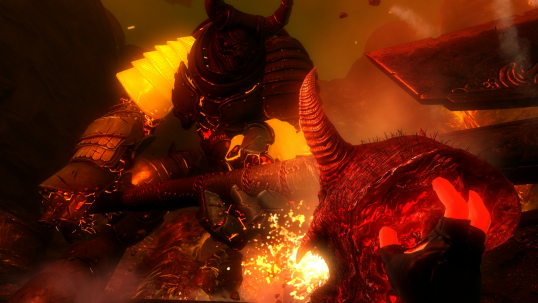
There is something about swords that are just kind of cool, that voice in the back of your mind, even as you laugh at absurd sword collections on the internet, that tells you "but wouldn't it be cool to slice apart a watermelon like you were some kind of cybernetically enhanced ninja?" Shadow Warrior takes that in the remake of the old-school shooter, combines it with a healthy dose of inappropriate humor, and enough blood to make Takashi Miike jealous. You are a Yakuza assassin tasked with re4covering a famous sword, and saddled with a sarcastic demon sidekick (and a whole lot of firepower).
In all honesty, it feels like this game should be so much worse than it actually is. It does not describe well, but in practice, it continues the trend of modern remakes of 3D shooters being pretty damn good. Half of the time, it feels like you are runing your way through some kind of weird anime, and in so many ways that works to it's benefit.
Frequently, when a game has first person sword combat, it is less than engaging, devolving into a flurry of repetitive, weightless attacks and blocks, but here that is far from the case. You have a series of special attacks along with a set of Japanese styled guns to help mix up your attacks and deal with enemies at longer range. You feel just as powerful as your character is supposed to, which is an issue that I hate running into in a game.
The Backlog - FTL
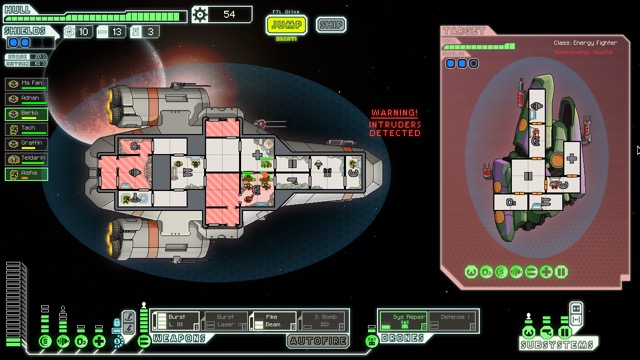
I have a confession to make. Like many of you reading this, I have a list of games that I’ve been meaning play for years. I have way too many games on Steam, and a stack of cases sitting next to my TV. Close to five hundred games now. Maybe more. It makes me feel guilty. I haven’t touched 90% of them in one way or another. I need to fix that. So this week, I dug deep into my backlog and pulled out a game. I want to play all of them; I’ve just never had the chance. Now’s the time.
For some reason, it seems that I can't bring myself to stop playing roguelike/lite games, even though my criticism of them remains the same every time I lay a new one. FTL has been out for several years now, and while it does bring a slightly different style to the genre, it does so in a shell that can feel almost punishingly random, even after dozens of tries. It is a game about time management, a game about the agony of unknown decisions, a game about hoping for the best all wrapped up in a skin of a procedurally generated roguelike/lite space game.